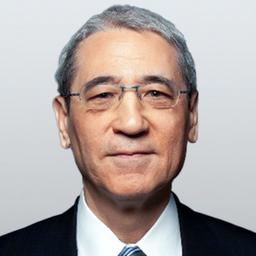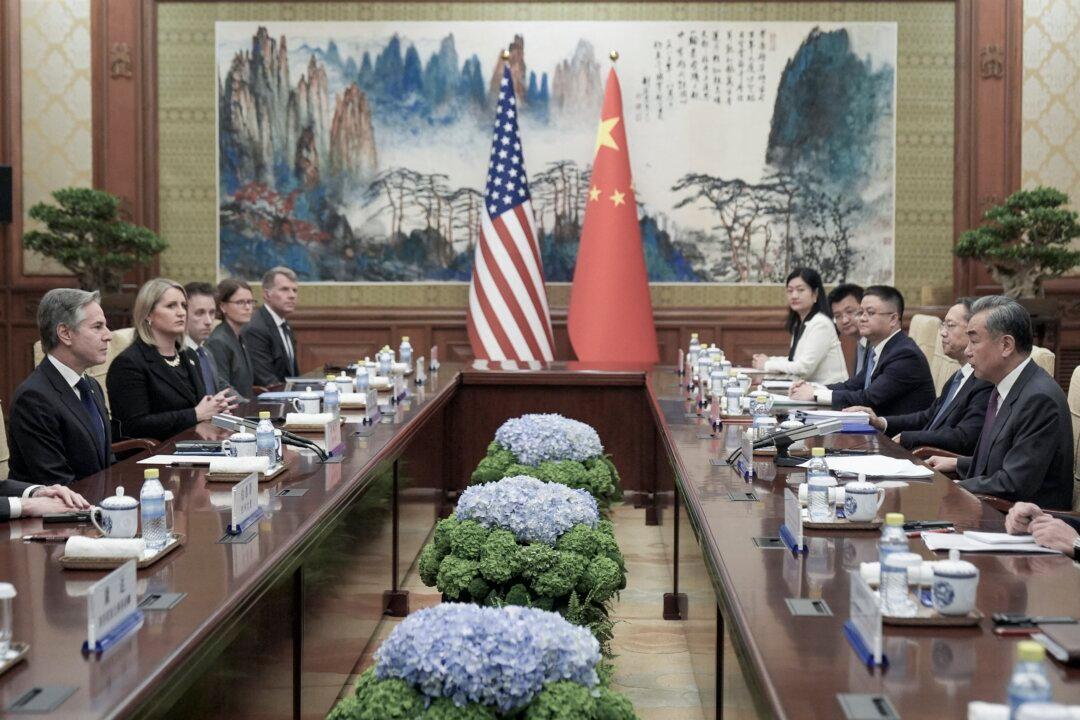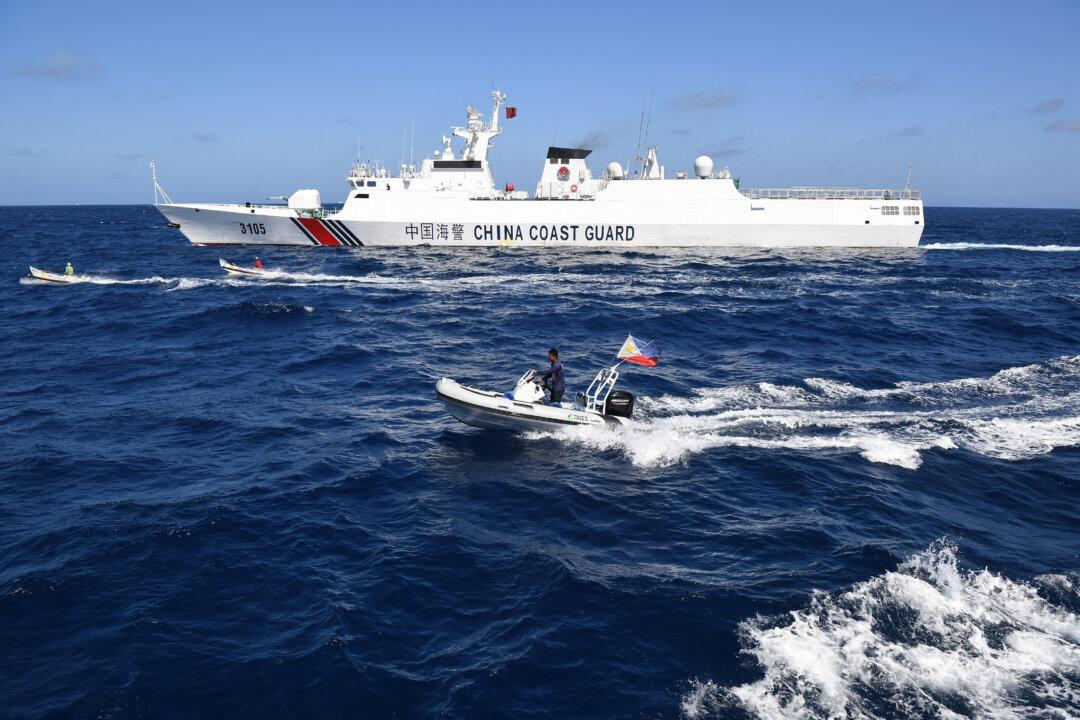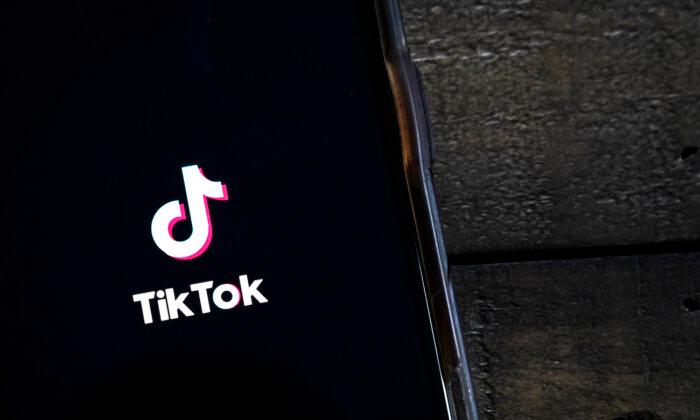Now Washington has to be worried that China will control Mr. Musk’s other company, SpaceX, which is critical to U.S. ambitions in space.
In China, where car buyers are far more focused on tech features than Americans are, Mr. Musk has wanted to roll out Tesla’s “Full Self-Driving” software. Currently, his cars have only the basic “Autopilot” driver-assistance feature. Most observers assume he is on the glide path to Beijing’s approval.
As a result, Tesla’s market share is in a tailspin. A year ago, Tesla held the No. 1 ranking in China’s new-energy vehicle retail segment. In the first quarter of this year, the company had fallen to third place. BYD in that period sold 586,000 cars, Geely 137,000, and Tesla 132,000. It is not clear that Tesla can compete in China, where the regime does just about everything it can to favor Chinese competitors.
Mr. Musk knows that China is “the golden goose EV market.” Tesla’s “gigafactory” in Shanghai, which opened in 2019, is the “heart and lungs” of Mr. Musk’s car production. The facility is Tesla’s largest outside the United States. China is now Tesla’s second-largest market.
Mr. Musk has made Tesla reliant on China, and China’s rulers know that. Unfortunately for him, Beijing has many beefs with his other iconic venture, SpaceX. For one thing, SpaceX stands in the way of China’s putting a human on the moon before the U.S. return visit and Mr. Musk’s Starship lifter can help the United States build moon bases faster. Moreover, SpaceX is a major U.S. defense contractor and, even more importantly, operates the Starlink satellite constellation in low-earth orbit.
“What is there to stop them from going to Musk directly and saying, ‘We’ll call your line of credit early, unless you give us X, Y, or Z?’” said “a congressional Republican aide involved in negotiations over the comprehensive legislation governing the space agency” to the Examiner. “And, there’s no real clarity that there’s any kind of mechanism that would stop that other than good behavior by an individual.”
Blaine Holt, a retired U.S. Air Force Brigadier general and technology entrepreneur, said in comments to Gatestone, “How could America’s top leader in technology innovation not understand the risks of a deeper, more entangling relationship with the Communist Party of China? Musk’s recent deal requires future steps that the CCP [Chinese Communist Party] must approve for Tesla’s goals to be realized. Musk should expect China to make demands for technology and data transfers to include Starlink and SpaceX heavy-lift rockets.”
Richard Fisher of the International Assessment and Strategy Center told Gatestone, “China’s April 28 decision to allow Tesla to use Baidu’s precise navigation mapping to enable Full Self-Driving and thus remain competitive in the Chinese market is Beijing’s way of building leverage over Musk. In the meantime, Tesla’s relationship with Baidu moves into the area of Big Data and potentially helps Baidu with its artificial intelligence ambitions, which could quickly yield military spinoffs for the People’s Liberation Army.”
Mr. Gardner’s concerns are even more pressing at the moment.
“Will Congress now look the other way while the often-used CCP playbook of corporate blackmail plays out, compromising our security?” Mr. Holt asked.
It is now time for a national conversation in the United States over Mr. Musk’s ownership of both Tesla and SpaceX.
The words, ostensibly meant to show U.S.–China friendship, are in reality a warning. It is now clear that one person so beholden to China should not be so central to the U.S. effort to stay in space.






